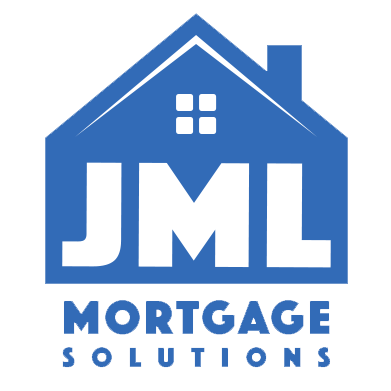If you're self-employed and searching for a mortgage, you'll have access to the same mortgage options as everyone else, and you'll have to pass the lender's affordability tests just like everyone else.
Self-employed people, on the other hand, are expected to produce significantly more evidence of their income than other borrowers because they do not have an employer to attest for their wages.
Lenders will view you as self-employed if you own more than 20% to 25% of a business, from which you earn your main income.
You could be a sole trader, company director, or contractor.
How do you get a self-employed mortgage?
When applying for a self-employed mortgage, you will need to present the following documentation to substantiate your income:
- Accounts certified for two or more years
- Evidence of upcoming contracts (if you're a contractor) • SA302 forms or a tax year overview (from HMRC) for the previous two or three years
- Proof of dividend payments or retained profits (if you're a board member of a corporation)
Lenders also prefer self-employed mortgage applicants to produce accounts prepared by a trained, chartered accountant, as this ensures their trustworthiness. They'll most likely concentrate on the average profit you've made over the last 2 to 3 years.
It may be difficult to persuade a lender that you can afford to repay a mortgage if you only have accounts for a year or less, but it is not impossible. It might help if you can show that you have regular work or provide proof of upcoming commissions.
Mortgages for self-employed people aren't always more expensive. You should be able to qualify for the same mortgage arrangement as someone with a comparable wage in a permanent, full-time job if you can provide enough information about your income.
The quantity of your deposit, as well as your credit score, are considerably more likely to influence your mortgage rate.
The more money you have for a down payment and the better your credit score, the better your mortgage rate will be.
If you're self-employed and searching for a mortgage, you'll have access to the same mortgage options as everyone else, and you'll have to pass the lender's affordability tests just like everyone else.
Self-employed people, on the other hand, are expected to produce significantly more evidence of their income than other borrowers because they do not have an employer to attest for their wages.
Lenders will view you as self-employed if you own more than 20% to 25% of a business, from which you earn your main income.
You could be a sole trader, company director, or contractor.
How do you get a self-employed mortgage?
When applying for a self-employed mortgage, you will need to present the following documentation to substantiate your income:
- Accounts certified for two or more years
- Evidence of upcoming contracts (if you're a contractor) • SA302 forms or a tax year overview (from HMRC) for the previous two or three years
- Proof of dividend payments or retained profits (if you're a board member of a corporation)
Lenders also prefer self-employed mortgage applicants to produce accounts prepared by a trained, chartered accountant, as this ensures their trustworthiness. They'll most likely concentrate on the average profit you've made over the last 2 to 3 years.
It may be difficult to persuade a lender that you can afford to repay a mortgage if you only have accounts for a year or less, but it is not impossible. It might help if you can show that you have regular work or provide proof of upcoming commissions.
Mortgages for self-employed people aren't always more expensive. You should be able to qualify for the same mortgage arrangement as someone with a comparable wage in a permanent, full-time job if you can provide enough information about your income.
The quantity of your deposit, as well as your credit score, are considerably more likely to influence your mortgage rate.
The more money you have for a down payment and the better your credit score, the better your mortgage rate will be.
Read less






